By Ma Xiuxiu
(CNS)--The Chancellor of Germany, Scholz, will pay an official visit to China on November 4, becoming the first state leader visiting China from European Union member states since November 2019.
At a time of changing political and economic situationsworldwide, what signal and meaning does the visit of Scholz convey? Which constructive attitude should both sides adopt to promote cooperation in the economy and trade and bring more benefits to people in the two countries? Shi Shiwei, visiting professor at the Free University of Berlin and researcher at the China-EU Economic Cooperation Research Center,recently gave an exclusive interview to the column W.E. Talk of China News Service to offer his opinions on this issue.
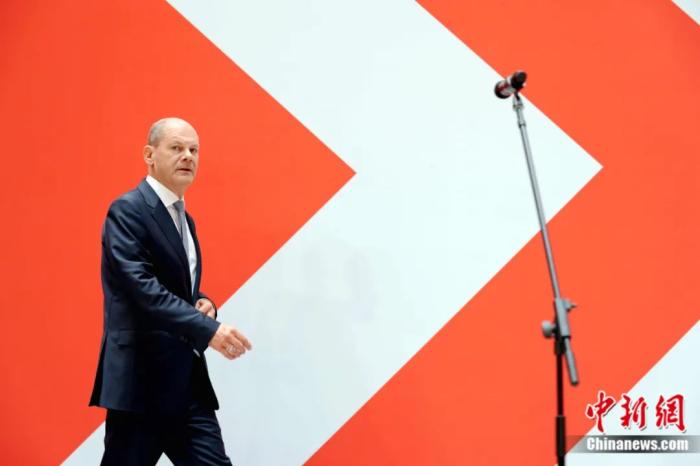
Here are excerpts from the interview:
CNS: What do you think of the signal and meaning conveyed by the visit of Scholz?
Shi Shiwei: Since the inauguration of new German federal government members, they claimed to adjust the German policy towards China in their guiding principles of government policy and a series of public speeches and activities. The German federal government is currently made up of three parties. Due to the fact that they are still divided over their policy on China, the German government’s China strategy to be launched is still under discussion and consideration. According to the German constitution, the German Chancellor has the decision-making power for fundamental policies, namely, he or she can give the final word in times of internal divergence of views.
Scholz will pay his first visit to China since he took office as the head of government at the beginning of November. At that time, he will exchange views face-to-face with his Chinese counterpart, which is of extreme significance for the future development of bilateral relations.
CNS: What do you think of the importance of the China-EU Comprehensive Agreement on Investment for the cooperation in economy and trade between China and European countries, including Germany? What role will Germany play in pushing for a restart into effect of the agreement?
Shi Shiwei: China is the largest trading partner of the European Union at present, and the European Union is the second largest trading partner of China. But China isthe country with which EU has the largest trade deficit.
From China’s perspective, the China-EU Comprehensive Agreement on Investment is a high-level agreement leading to a win-win result. The tough negotiations for the agreement between China and EU authorities lasted for seven years. It was announced that negotiations wereconcluded on December 30, 2020 under the active coordination of Germany, the then rotating EU presidency. However, the European Parliament froze the signing process of the agreement indefinitely out of political reasons. Economically, the postponement of the implementation of the agreement is more detrimental to the EU. Therefore, Germany, as the largest economy in EU, should urge the European Parliament to make the agreement effective as soon as possible by using its influence. Scholz’s visit to China provides an opportunity for the Chinese government to reiterate this stance.
CNS: Economic and trade relations have been the stabilizer in the development of China-Germany relations. What developmenthave economic and trade between the two countries made since the establishment of China-Germany diplomatic relations? In which fields do the both sides have a solid foundation for cooperation and a promising future?
Shi Shiwei: China began to focus on the central task of economic development in 1980s. But the China-Germany economic and trade relations developed slowly because China still lagged behind in economy and technology. The real considerable development in China-Germany economic cooperation started from 1990s. In October 1993, the German federal government released Outline of Policies towards Asia, pointing out that Asia is becoming increasingly important in the world politics and economy. It held that Germany must strengthen its input and influence in this region; and made it clear that economic relations are at the center of Germany’s policies towards Asia, and China is the focus. Another important promise made by the Outline was to strengthen personal connection between leaders for the development of political mutual trust, which laid a foundation for frequent exchange visits of top leaders of both countries. In response to the release of the Outline, manyGerman economic associations set up the German Asian-Pacific Economic Committee.
Germany represents one of the most advanced industrial powers in the world, with export as a major driving force of its economy. China, a developing country going through industrialization only in the last century, is in urgent need of advanced technology and experiences of management. So both economies are highly complementary. The foundation for their cooperation is that China exports labor-intensive manufactured goods to Germany while importing advanced industrial equipment from Germany. In 1990s, the China-Germany trade volume registered an annual growth rate of 16.1% on average; from 2000 to 2010, the figure was 22.7%; from 2011 to 2021, the bilateral trade growth slowed down to some extent as China's economic growth entered a new normal, but it was still increased by 70%, reaching 245.3 billion euro in 2021 and with China being the most important trading partner of Germany for six years in succession. According to the data of the Ministry of Commerce of the PRC, there are more than 5,000 German firms in operation in China at present with direct investment totaling 35 billion USD, making Germany the biggest investor in China among EU member states. German enterprises’ direct investment in China accounted for 46% of EU’s investment in China in 2021; and the annual average was 43% from the year 2017 to 2021. At present, more than 2,000 Chinese firms have investment in Germany with a total amount of 15 billion USD. The bilateral trade and investment has seen a considerable increase despite the impact from the Covid-19 epidemic this year.
CNS: The German federal government is divided over the relations with China. How come the concern about dependence on China’s economy? How do we rationally view of this concern?
Shi Shiwei: There are mainly two reasons for this concern. First, some think Germany's pillar industries have a disproportionately market share in China. But this view doesn’t hold water. Based on the sales volume of German firms (top 30 group companies in terms of business volume in Germany) covered by DAX in China’s market (including Hong Kong, Macao and Taiwan), only three major auto makers in Germany exceed 30% of their global turnover except the semiconductor manufacturer Infineon. So Germany's sales volume in China (including Hong Kong, Macao and Taiwan) is actually in proportionto its share inthe world market. Large-scale enterprises in Germany’s advantageous industries (automobile, chemical industry and machine manufacturing) have similar sales volume and investment in other parts of the world (such as the US). The second reason is the so-called “geopolitical risk”. Its logic is like this: If the tense situation of the Taiwan question escalates, Germany will have to stop its close economic exchanges with China, which constitutes an enormous impact to Germany. So Germany should reduce its reliance on China from now on. It is clear that the idea that Germany’s overdependence on Chinese economy is largely a kind of hype made by some politicians and think-tanks in Germany. The hype, not backed by facts, is intended to politicize economic issues.
CNS: At present, how about the performance of German enterprises in the Chinese market? Which opportunities are there for the cooperation in economy and trade between Chinese and German enterprises?
Shi Shiwei: According to the 2021/22 Survey of Confidence for German Enterprises in China conducted by the German Chamber of Commerce in China, 60% of German enterprises in China saw an improvement in their operation in China in 2021, and more than 50% of them think the industry they are in will have a brighter prospect in China in 2022. China will continue to be the most important market in the world for German enterprises. 71% of German enterprises in China said they will increase the investment in China. The Covid-19 pandemic and the conflict between Russia and Ukraine impede the supply chain, posing a challenge for the production and sales of German enterprises distributed all over the world. So, the diversification and localization of the supply chain becomes a new strategy adopted by German enterprises in China. In terms of the products and services targeting the Chinese market, they would seek to cooperate with Chinese suppliers and technology providers more closely, with the purpose of localizing the supply chain and R&D system.
Through the development over the years, some enterprises and technologies in China have already reached or even exceeded German enterprises, e.g. vehicle battery. So, the close cooperation between Chinese and German enterprises on an equal footing by giving play to their respective advantages in some fields has become a new opportunity for bilateral economic and trade relations. In addition, it is of significance for China and Germany to cooperate in coping with climate change, environmental protection and governance. The demand of an enormous number of middle class families in China for an improved life is a bright prospect for high-quality German consumer goods to enter the Chinese market.
CNS: What constructive attitude should both China and Germany adopt to promote the development of cooperation in economy and trade in the future to benefit the people of the two countries?
Shi Shiwei: Economic cooperation is about mutual benefits in essence. China will remain a fast growing economy in the world in the future despite some difficulties. China and Germany are interdependent economically: Germany needs China’s market and China needs Germany’s technology and experience. The economic cooperation between the two countries has brought tangible benefits to the people of both sides in the last three decades. It will still work in the future.
German economy is challenged by enormous difficulties at present due to the energy crisis. Authoritative organizations predict it will decline next year. Therefore, Scholz, a practical statesman in Germany, led the delegation of the economic circles to visit China this time with the purpose to strengthen political mutual trust and seek opportunities for expanding the depth and width of bilateral cooperation. The German government is expected to not entirely change the economic and trade connection with China, nor follow the decoupling policy of the US towards China’s economy. (End)









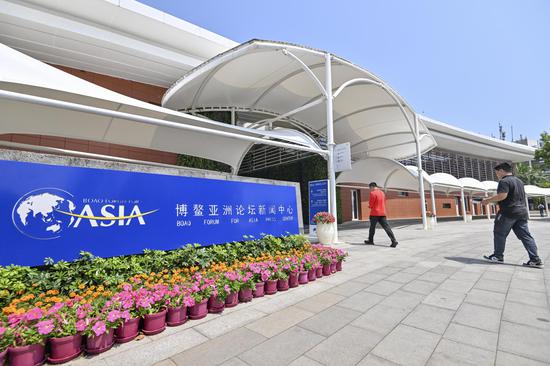
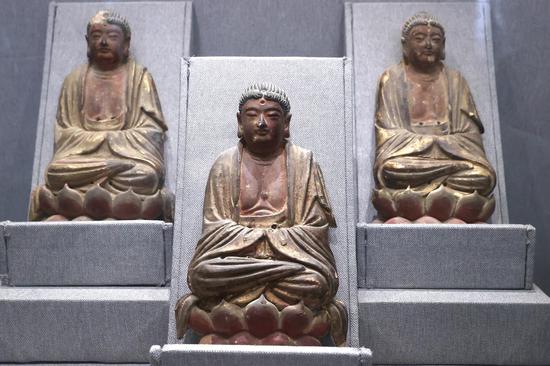

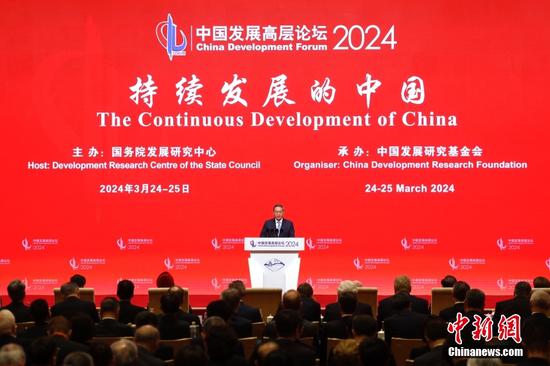



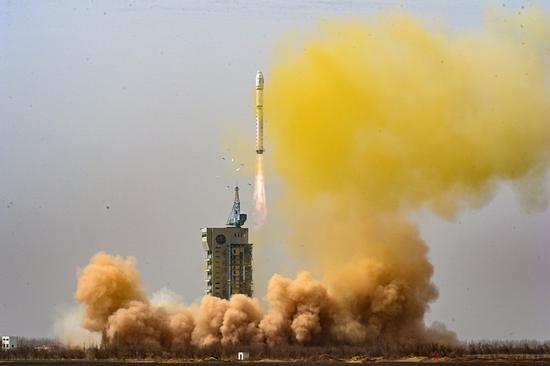
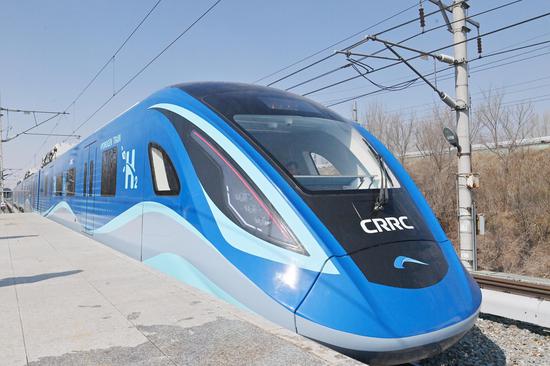



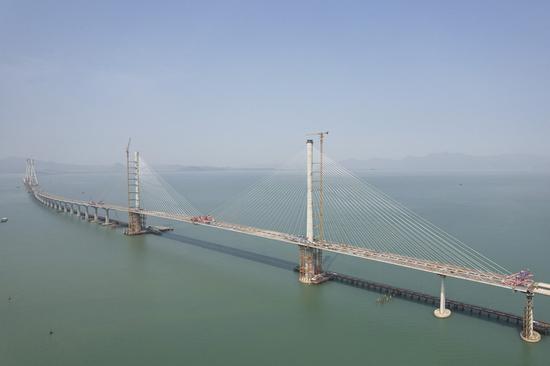



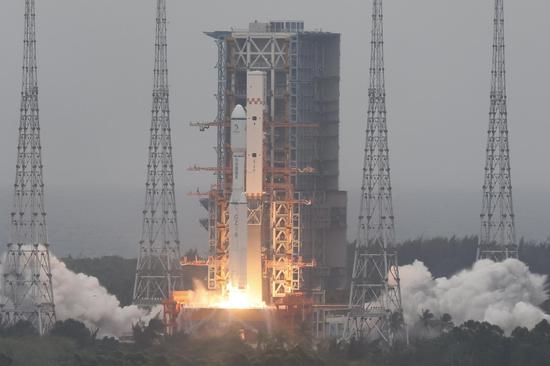
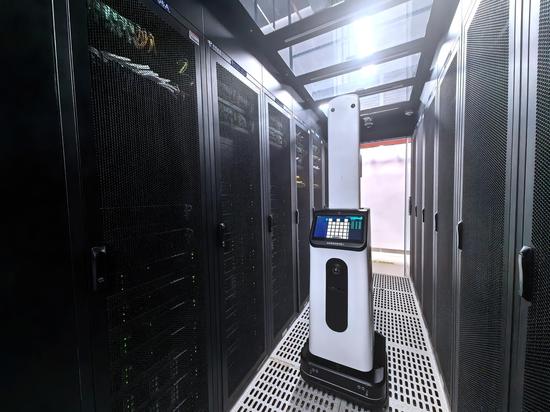

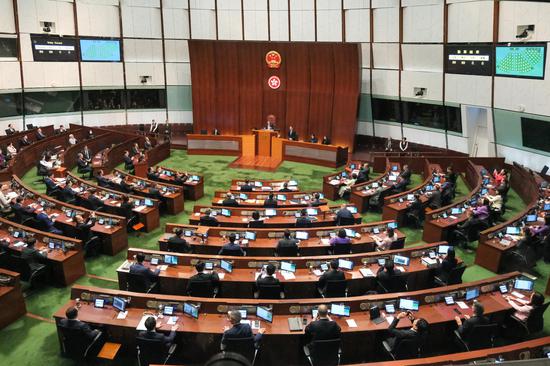
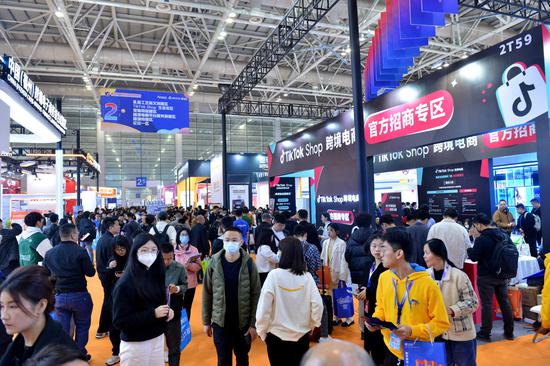



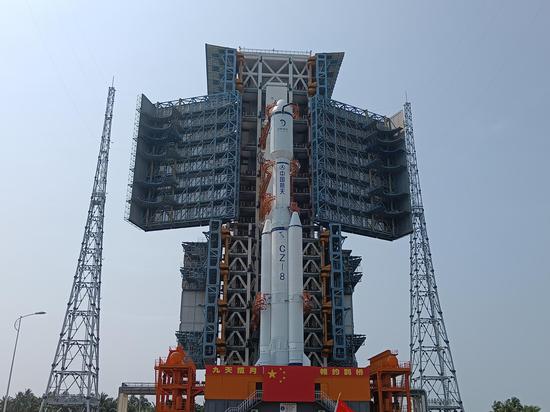






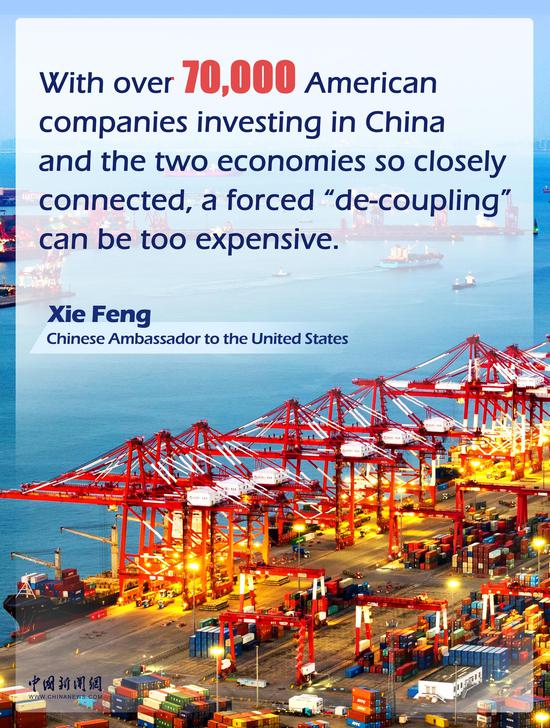

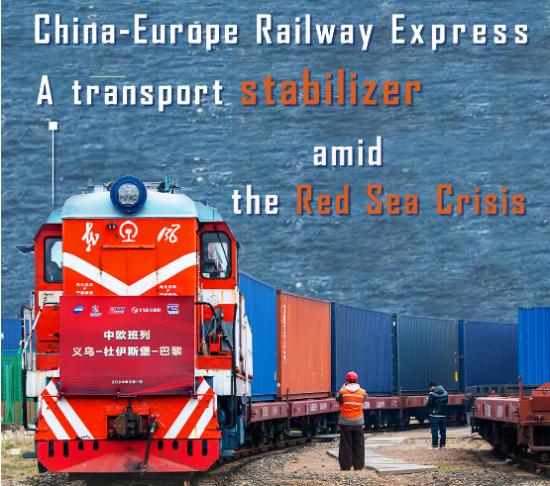
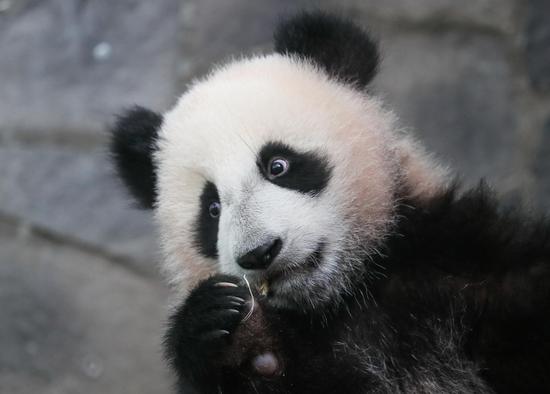






 京公网安备 11010202009201号
京公网安备 11010202009201号